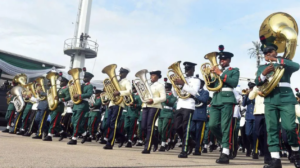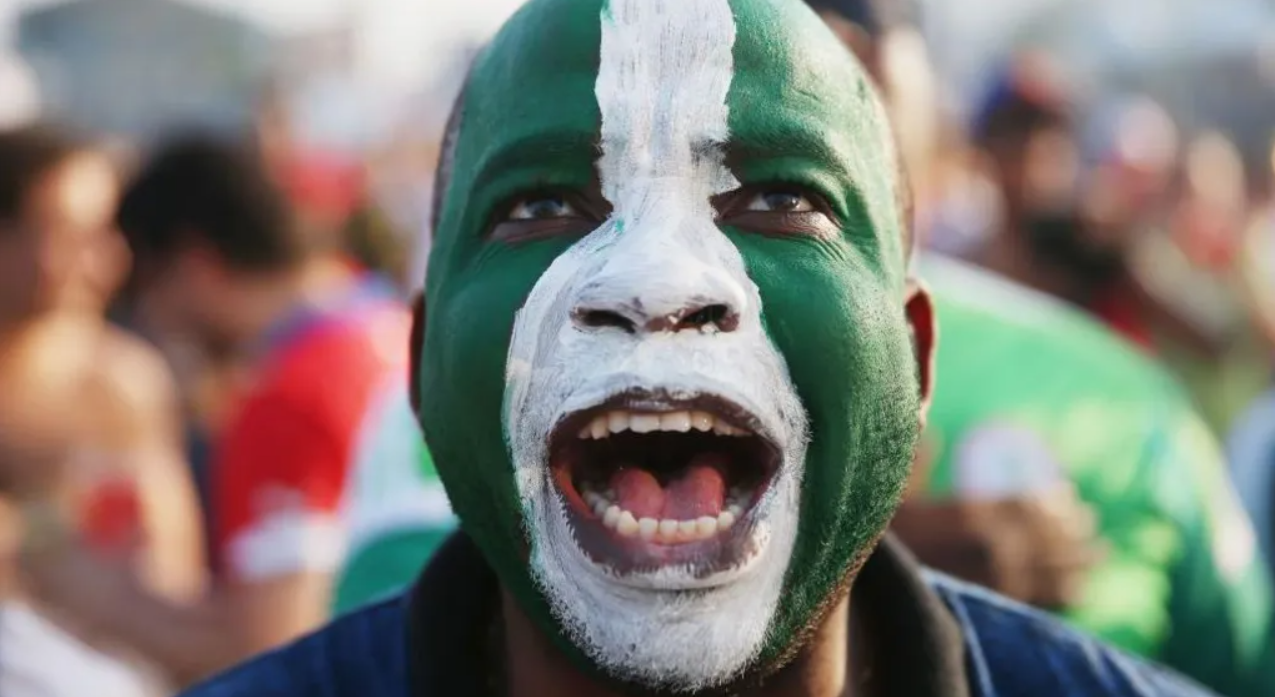In spite of economic hardships, Nigeria marks 25 years of democracy.
Nigeria is commemorating a landmark: 25 years of democracy. The country was infamous for its lengthy period of military rule. With the sound of trumpets and the roar of the spectators, President Bola Tinubu will give a speech to mark this momentous occasion. Beyond the formal events, though, many Nigerians are wondering what the point of the celebration is.
Elected leaders have sometimes invoked the autocratic adage “You cannot eat democracy” to stress the necessity of administration. There is a noticeable level of discontent with the present administration in a nation where many people are struggling to make ends meet due to the economic crisis and rising prices.
Before the present economic slump, Afrobarometer surveyed over three-quarters of Nigerians in 2022 and found that they were “not very” or “not at all” satisfied with democracy. For the most populous country in Africa, this number is worrisome. Still, most people still wanted a democratic government, maybe because the horrors of military rule are still fresh in their minds.
Short civilian administrations followed Nigeria’s declaration of independence in 1960, but military generals maintained control until 1999. According to Nigerian historian Professor Kayode Soremekun, a military takeover is very unlikely at this point. The public no longer views the military as saviors, he says, because their own failings have become apparent over time.

Economic stagnation and brutal tyranny were hallmarks of the period of military governments. Adedeji Adekunle, who is now employed as an event planner, remembers well the terrifying student demonstrations that took place in the late 90s in opposition to military government. Human Rights Watch notes that throughout this time, there was a systematic violation of human rights, political repression, and economic collapse.
After General Sani Abacha’s 1998 death and his successor, General Abdulsalami Abubakar, promised new elections, civilian government finally arrived in 1999. In light of the new national mood and the results of the elections, many welcomed this change with relief and optimism. According to former senator Shehu Sani, Nigerians are hoping for a more peaceful, prosperous, and democratic future now that democracy has returned.
The relevance of this historical shift may be less apparent to today’s youth, who were not around during the era of military control. Even though he has only been in power for slightly over a year, President Tinubu must overcome economic hardship—partially caused by his own policies—if he wants to win over the trust of young Nigerians. While his goal was to stabilize the economy, the devaluation of the currency and elimination of the gasoline subsidy have caused prices to skyrocket, impacting the everyday lives of many Nigerians.
The public’s opinion of the government is still very important, even after these economic improvements. Despite a rise in average income over the last quarter of a century, many Nigerians remain fixated on the difficulties they face right now. Despite the general acknowledgement of the corruption and human rights violations that were hallmarks of military governments, some, such as 33-year-old scriptwriter MI Thomas, indicate a desire for their decisiveness.
Some young Nigerians, perhaps influenced by nostalgia and dissatisfaction with the political establishment, have taken to social media to call for a return to military rule, and their voices have been amplified by these views. The enormous sums stolen by the late General Abacha—more than $6 billion in cash and assets recovered so far—are an egregious example of the corruption that permeates military authority.
President Tinubu is especially vulnerable to demands for a resurgence of military authority because he was himself a prisoner of war for advocating democracy. Despite the lack of military participation, his unwavering opposition to the recent coup in neighboring Niger demonstrates his dedication to democracy.
The top brass of the Nigerian military has likewise denied any desire to seize control. The importance of the military in safeguarding democracy was highlighted by Chief of Defence Staff Gen. Christopher Musa, who claimed that individuals calling for a military coup do not have the nation’s welfare in mind.
In the last quarter of a century, there have been occasions when the military had the option to seize power but choose not to, for example, when the health of late President Umar Musa Yar’Adua was in question. The military’s political aspirations have been reined in and democratic institutions have been strengthened as a result of reforms. While Nigeria has fallen short of its citizens’ expectations, Senator Babangida Hussaini recognizes that the country has achieved remarkable progress.
The issue of whether or not a democracy can exist in the absence of military power persists, nevertheless. Despite holding elections on a regular basis since 1999, government accountability and openness have been lacking on occasion. Even while democracy is beneficial in and of itself, Professor Soremekun says it has to help the Nigerian people in some concrete way.
Democracy, which provides freedoms that military authority cannot, is still the better choice for individuals who remember the oppression of military rule, such as Mr. Adekunle. To many, democracy—flaws and all—represents a way out of Nigeria’s troubled history and onto a brighter, more hopeful future.


















